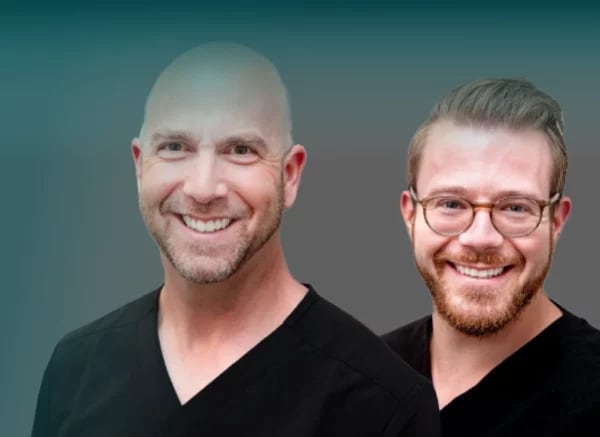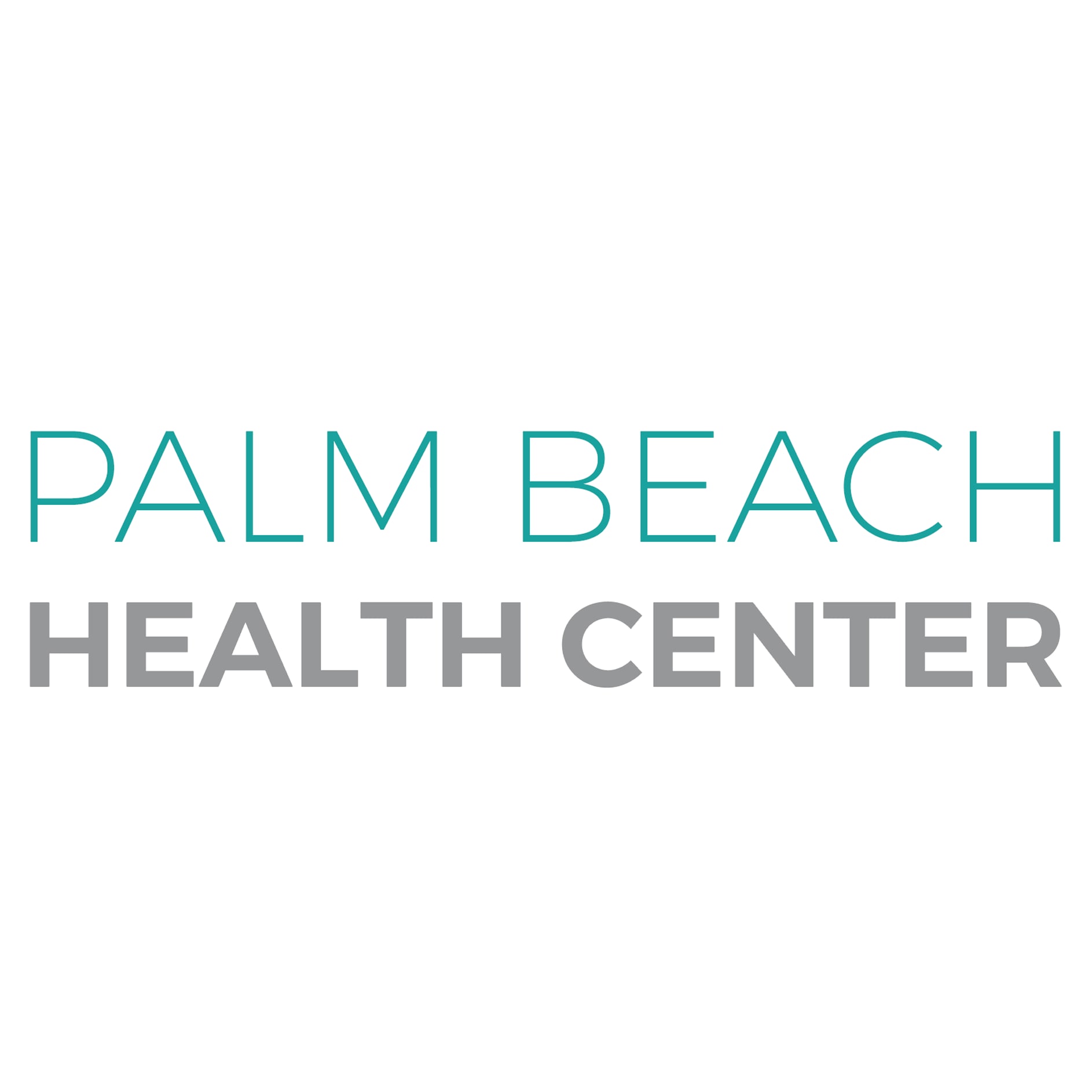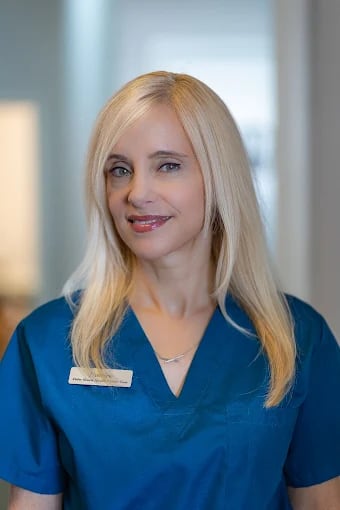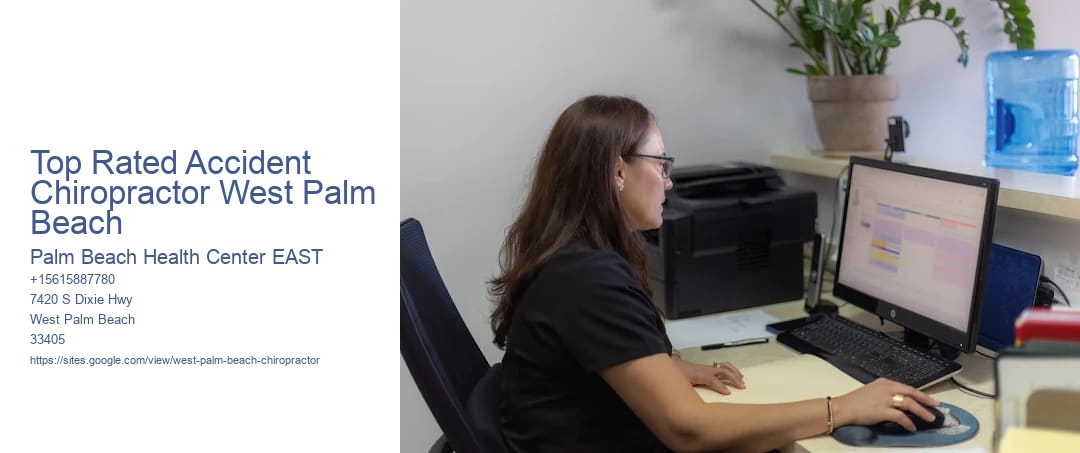Alternative medicine describes methods that intend to achieve the healing results of conventional medicine, however that normally do not have biological plausibility, testability, repeatability, or sustaining evidence of effectiveness. Such methods are typically not component of evidence-based medication. Unlike modern medicine, which employs the scientific technique to test plausible treatments using accountable and ethical professional trials, producing repeatable proof of either result or of no effect, alternate therapies live outside of mainstream medicine and do not originate from utilizing the clinical technique, but instead depend on reviews, narratives, religion, tradition, superstition, idea in supernatural "energies", pseudoscience, mistakes in reasoning, publicity, fraud, or various other unscientific sources. Often utilized terms for appropriate techniques are Brand-new Age medicine, pseudo-medicine, unorthodox medicine, holistic medication, edge medicine, and unusual medicine, with little distinction from quackery. Some alternative practices are based on theories that oppose the recognized science of how the human body works; others appeal to the supernatural or superstitious notions to clarify their result or lack thereof. In others, the technique has plausibility yet does not have a favorable danger–-- benefit result likelihood. Research study into alternative therapies often stops working to comply with proper research study protocols (such as placebo-controlled trials, blind experiments and calculation of previous probability), giving invalid outcomes. History has actually revealed that if an approach is proven to function, it ultimately ceases to be different and becomes conventional medication. Much of the viewed impact of an alternate method emerges from a belief that it will be effective, the sugar pill result, or from the cured problem resolving by itself (the all-natural training course of condition). This is further exacerbated by the propensity to transform to alternate treatments upon the failing of medicine, whereupon the problem will certainly go to its worst and more than likely to automatically boost. In the lack of this prejudice, especially for illness that are not expected to improve by themselves such as cancer cells or HIV infection, multiple studies have revealed considerably worse results if people turn to alternate therapies. While this may be because these people prevent efficient therapy, some different therapies are actively hazardous (e. g. cyanide poisoning from amygdalin, or the deliberate intake of hydrogen peroxide) or actively hinder efficient treatments. The natural medicine sector is a highly profitable industry with a solid entrance hall, and faces much less guideline over the use and advertising of unproven treatments. Corresponding medication (CENTIMETERS), corresponding and alternative medicine (WEBCAM), incorporated medication or integrative medicine (IM), and alternative medicine effort to incorporate alternative practices with those of mainstream medicine. Traditional medicine practices come to be "different" when used outside their initial settings and without correct clinical description and evidence. Alternate techniques are typically marketed as more "all-natural" or "all natural" than techniques used by clinical science, that is in some cases derogatorily called "Big Pharma" by fans of alternative medicine. Billions of bucks have actually been invested examining natural medicine, with few or no positive outcomes and several approaches thoroughly disproven.
.



